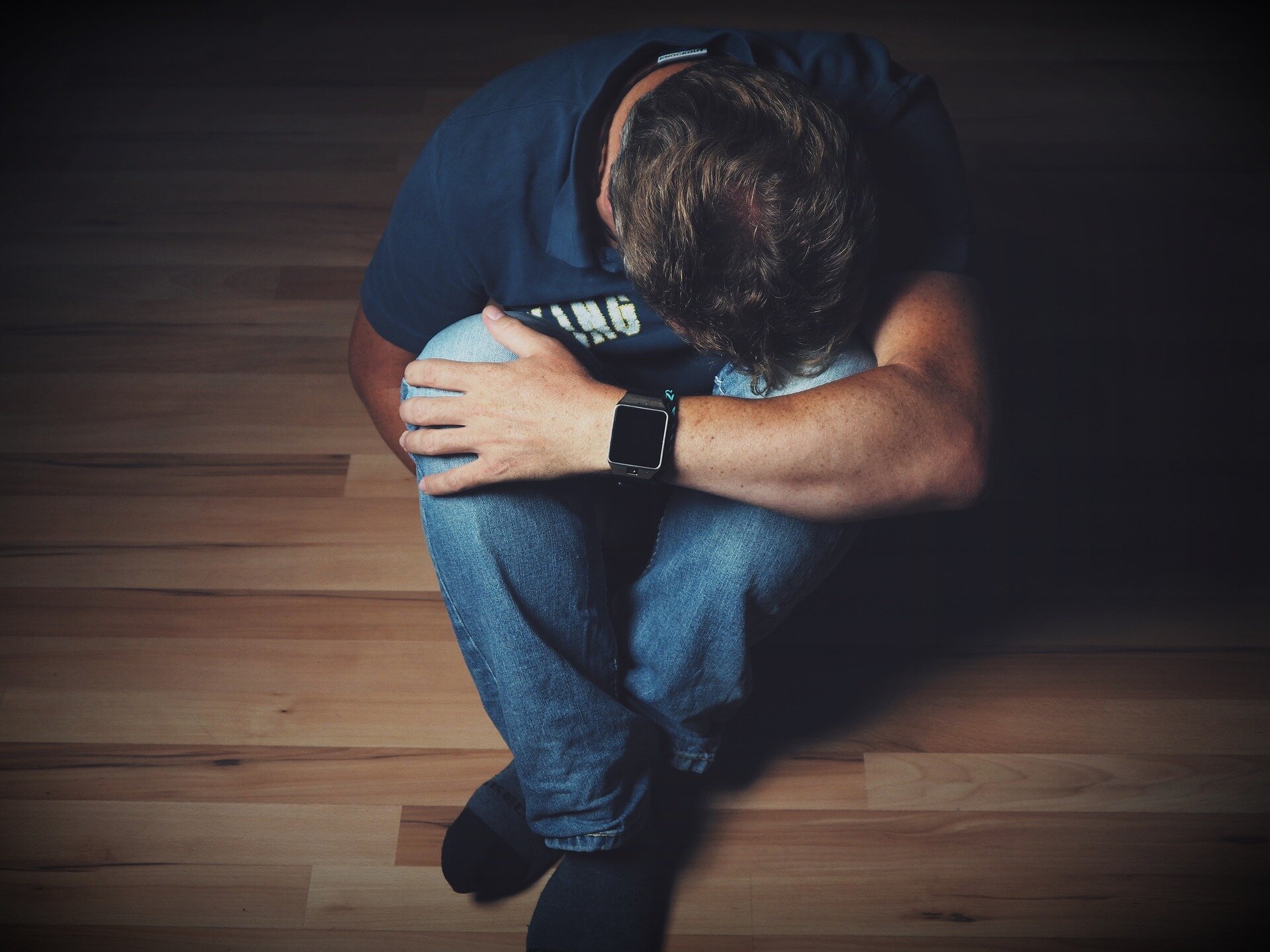
A19-year study at the University of Virginia is revealing what may lead some young adults to suffer from debilitating depression and anxiety.
Researchers found adolescents who struggled to form and maintain meaningful friendships were more likely to experience negative emotions and a poor self-concept between the ages of 27 and 32.
The study, “Pathways from adolescent close friendship struggles to adult negative affectivity,” is published in the journal Development and Psychopathology.
The Diagnostic and Statistical Manual of Mental Disorders notes that people who experience such “negative affectivity” have heightened emotional distress, with frequent and intense negative emotions including hostility, in addition to depression and anxiety symptoms.
Psychology professor Joseph Allen said his team wanted to “see what would predict that experience.”
“Our hypothesis going in was that social relationship qualities beginning in adolescence would be important in understanding that,” he said.
So they followed 169 people starting when they were 13 and analyzed near-annual self, parent and peer reports.
“We looked at their social relationship qualities as reported by other people, not just as they, the subjects, reported,” Allen said.
Allen’s Adolescence Research Lab has produced other research findings “that show that those poor relationship qualities not only affect your mental health, they also predict being less physically healthy,” he said. Poor relationship quality also predicted high inflammation and high blood pressure levels.
What can parents do?
“The first and most important step is to take teenagers’ relationships seriously,” Allen said, adding teens treat relationships as “almost matters of life and death.”
Adults often minimize those feelings. Allen’s data shows teens are not overreacting.
“Teenagers implicitly sense these relationships are going to be crucial to their future well-being,” he stressed. “So, recognizing when there’s distress, that’s important and needs to be taken seriously rather than just written off as adolescent angst.”
For teens who are struggling, counseling is an important step. Parents should also encourage their teens to participate in group activities, like sports, church youth groups or theater troupes.
“Waiting and ignoring relationship problems is never going to be a good idea,” he concluded.
More information:
Joseph P. Allen et al, Pathways from adolescent close friendship struggles to adult negative affectivity, Development and Psychopathology (2024). DOI: 10.1017/S0954579423001542
Citation:
Poor teen friendships predict adult anxiety and depression symptoms (2024, September 27)
retrieved 28 September 2024
from https://medicalxpress.com/news/2024-09-poor-teen-friendships-adult-anxiety.html
This document is subject to copyright. Apart from any fair dealing for the purpose of private study or research, no
part may be reproduced without the written permission. The content is provided for information purposes only.




